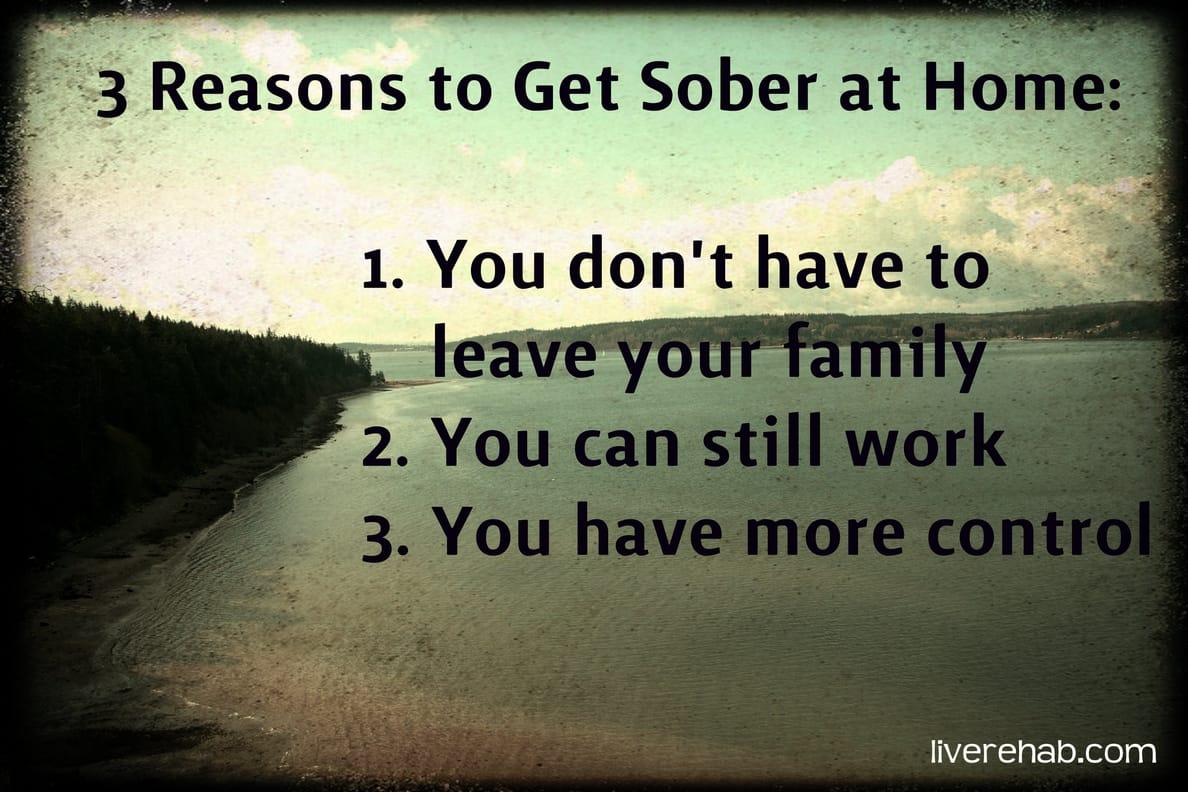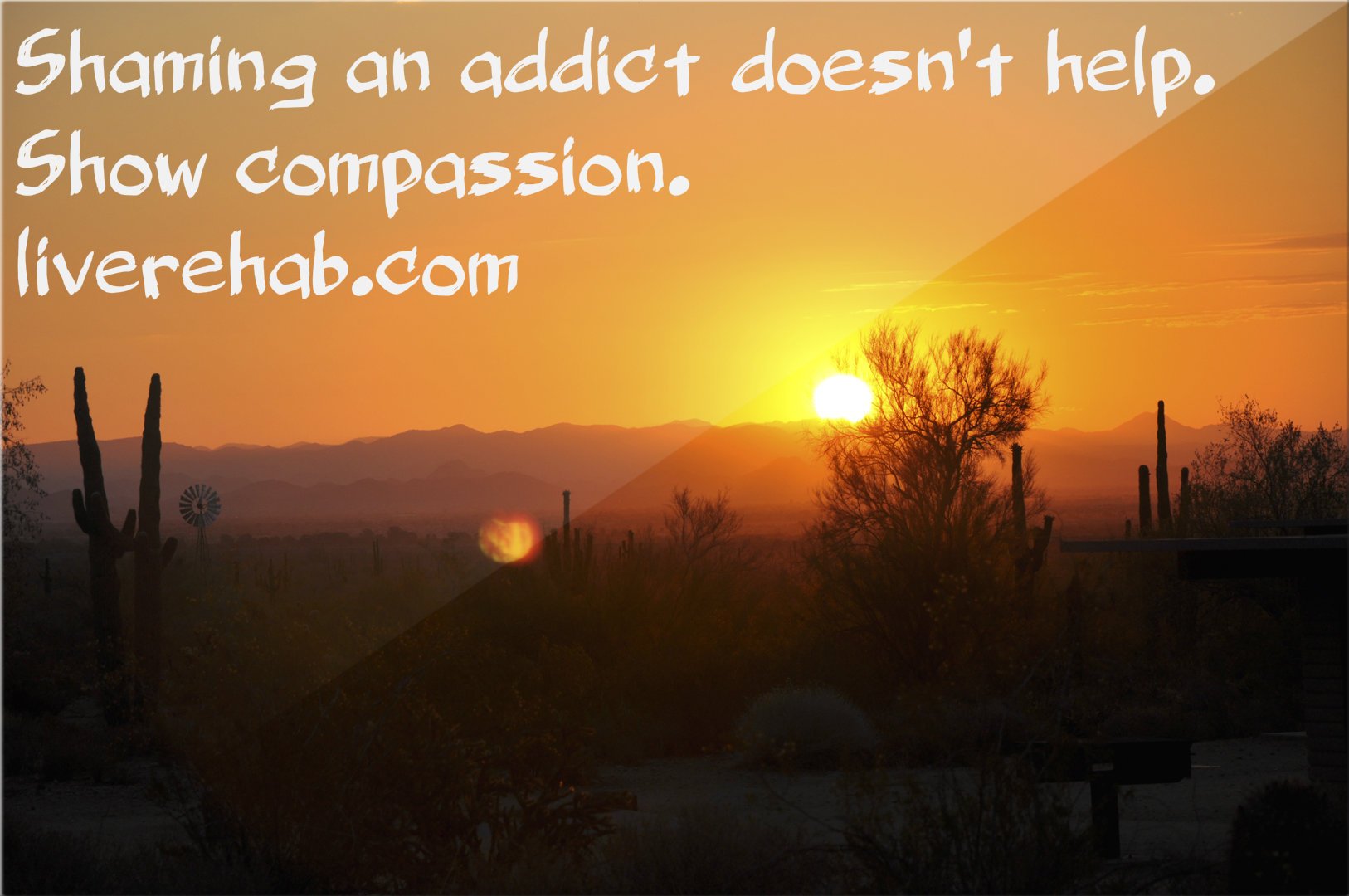High functioning alcoholics are hard to spot. They are the ones who have a job or career, take care of their outward appearances and from the outside, you would never know.
The psychological impacts of being a high functioning alcoholic
If you are a high functioning alcoholic you are hurting inside. You are torn about what to do. You know you can keep it together as long as you are drinking and the thought of stopping terrifies you. You know that if you stop you will feel depressed, experience physical withdraws and may act in a way that you will regret.
More often than not, high functioning alcoholics suffer from an undiagnosed mental health disorder such as depression or anxiety. Alcohol masks these symptoms and may be a way to cope. If you are a high functioning alcoholic I would reccommend talking to a mental health provider as soon as possible.
High functioning alcoholics and family
Often times, high functioning alcoholics are supported by their immediate family such as a spouse or a live in parent because high functioning alcoholics are easier to deal with when they are drinking. If you are a high functioning alcoholic, your family is likely to make sure your alcohol supply is always where it needs to be because dealing with a sober you or dealing with withdrawals causes drama. I would recommend taking a look and ask yourself why you think those closest to you are making sure you are taken care of. Do you think it’s fair for them to have to walk on egg shells?
High functioning alcoholics and finances
Being an alcoholic is costly. As tolerance builds the bank account starts to drain. High functioning alcoholics will always make sure their immediate financial needs are met (housing, etc.) to ensure that there are no embarrassing situations. But on the inside, debt is probably occurring and things like vacations and extras are put to the side. If you are a high functioning alcoholic, look at what you wish you could afford. Try to gradually taper off your alcoholic drinks and reward yourself by setting the money you saved aside. Use that money to reward yourself after you hit a certain goal. For example, instead of purchasing two bottles of wine tonight, try purchasing only one and put the extra money into a piggy bank of sorts. Once you reach your personal goal (example; $100.00) then reward yourself. Buy some new clothes or take your kids to a movie.


